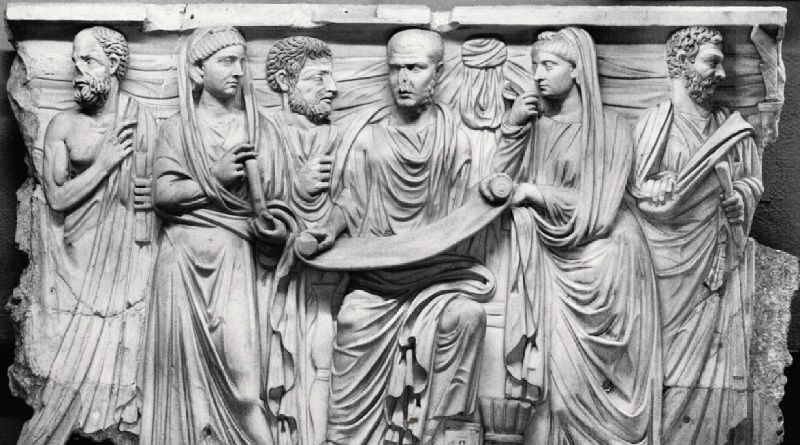Act and Rule utilitarianism
As we have seen in another post, for utilitarianism the value of acts and actions is based on their results. In the utilitarian world, it’s the results of actions that counts and consequence reigns supreme.
“The sad truth is that it is the greatest happiness of the greatest number that is the measure of right or wrong”, said Bentham.
Similarly, for Mill, “morality is the utility of the greatest happiness principle.”
How are Jeremy Bentham and JS Mill different?
The two main approaches to utilitarianism are known as act and rule.
Act utilitarianism
Act utilitarianism focuses on the effects of individual acts or actions. In other words, it judges the usefulness (or otherwise) of acts on a case by case basis. Rather than asking is killing good or bad?, act utilitarianism asks more direct, more case-specific questions such as, was Abraham Lincoln’s killing good or bad?
Therefore, an act is morally right if and only if it produces the best possible results in that specific situation. Like we said, we tend to pursue that which is pleasurable and avoid that which causes pain. This raises the question, how do we measure the best possible results of an act?
The Hedonic Calculus
Bentham suggested the Hedonic Calculus. We measure the pleasure and pain of a situation by focusing on seven things: intensity (how strong), duration (how long), certainty (how likely), propinquity (how near in time), fecundity (whether it will cause further pleasure or pain), purity (how free of pain), and extent (how many people are affected.)
The right choice is one that weighs all these between alternatives and possibilities.
Rule utilitarianism
Rule utilitarianism focuses on the effects of types of actions, for example killing or stealing in general, outside the context of a specific act.
So, rather than asking, what is the the outcome of killing Abraham Lincoln, rule utilitarianism would ask, what is the outcome of killing anyone? For instance, murder could be morally wrong on the grounds that it leads to a less happy society.
Rule utilitarianism adopts a two-part view of stressing the importance of moral rules. First, a specific action is morally justified if it conforms to a justified moral rule. Second, a moral rule is justified if its inclusion in our moral code would create more utility than other possible rules or no rules at all.
Objections to Rule Utilitarianism
Rule utilitarianism can easily fall into a sort of rule worship. The rule worship objection points out that there may be cases where more good could be done by breaking a rule than obeying it. Rule utilitarianism, according those who object to it on grounds of rule worship, is committed to rules even in cases when supporting the rule is irrational.



